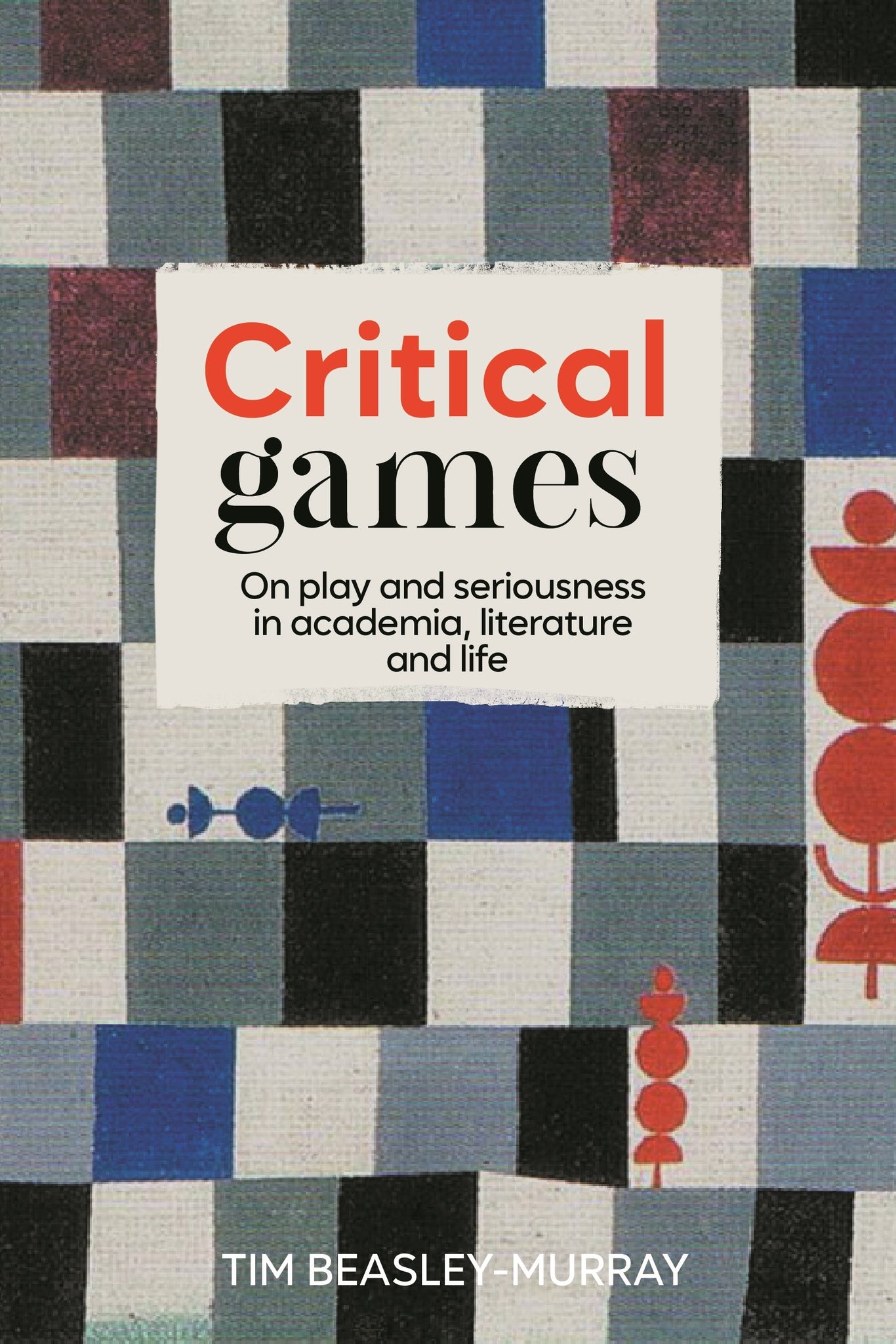We're sorry. An error has occurred
Please cancel or retry.
Critical games

Some error occured while loading the Quick View. Please close the Quick View and try reloading the page.
Couldn't load pickup availability
- Format:
-
17 June 2025


LITERARY CRITICISM / Books & Reading, Literary theory, LITERARY CRITICISM / Subjects & Themes / General, PHILOSOPHY / General, Literature: history and criticism, Philosophy

‘It is unusual - perhaps even shocking - to write in praise of a book in which you are one of the characters. But this book is itself so unusual that I feel authorised to commit this transgression. In its exploration of literary works, writers’ poses, and what one can say about them, Critical games marries deep seriousness with a playfulness whose vivacity sometimes borders on perversity - and I know what I am talking about. Constantly personal and unpredictable, this book explodes all academic frames and expectations. One reads it with growing curiosity, occasionally with a touch of irritation, but always with the greatest pleasure.’
Emmanuel Carrère
‘This sui generis book takes us on a panoramic, topsy-turvy tour of the manifold ways that seriousness and play, wisdom and folly, are not stable opposites but intimate, entangled neighbors. This “amphibian” quality helps to define literature, but also the study of literature. In a playful and yet deeply serious turn, Beasley-Murray levels his wise-foolish, Socratic glance not just on a vast array of cultural texts but on academic life itself. The results will be revealing, and likely inspiring, for any curious reader – leaving us with a pair of dialectical spectacles, or 3D glasses, with which to gaze at the textual worlds around us, and at our own gazing selves.’
Alex Woloch, Stanford University
‘Something serious, very serious, something that we usually call literary criticism is here at play, at play in that most playful of forms, the essay, allowing, as it does here, for anecdote, memoir, digression, epigram, and even fiction. This, then, is a book where criticism takes a holiday, a holiday that may yet prove almost to have been a holy-day, a day where to play is also to pray.’
John Schad, University of Lancaster
Introduction
Part I: The game of academia
1. ‘The most glorious kind of play’
2. The Slovene art theorist and Abraham the Inuk
3. Learning to play critical games (an autobiographical sketch)
4. What is at stake
5. ‘Back to life, back to reality’
Part II: The game of literature
6. Literary play
7. Fictional games that get out of hand
8. Pacts and power
9. How writing intervenes in life
Part III: End game
10. Playing games with Emmanuel Carrère
Conclusion: final whistle
Index



